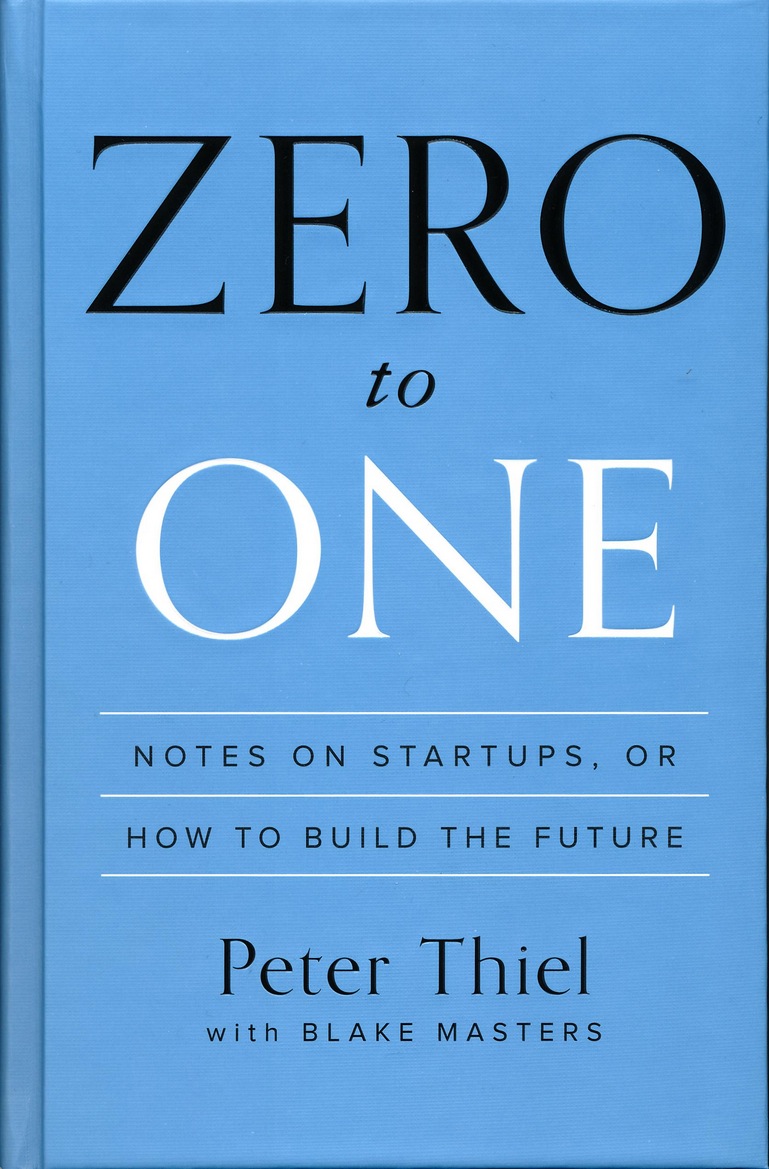Summary: Since I offered to answer questions about my pledge to donate 10% of my annual salary to CFAR as an existential risk reduction, the question “Why doesn’t CFAR do something that will scale faster than workshops?” keeps coming up, so I’m answering it here.
| Q: Shouldn’t CFAR focus on something more scalable than running workshops, like an online course or a web app? |
A: I actually used to think CFAR should scale quickly as well, but back in 2012, Anna Salamon convinced me otherwise. She argued that CFAR should scale slowly at first, with small in-person workshops instead of large seminars or web-based courses. I agreed, and since then, I think things have played out pretty much in accordance with her reasons:
(1) You learn more new techniques from your participants when you have them in person.
Many of CFAR’s best techniques have been discovered or created in conversations with its highly engaging workshop attendees, and this sort of inspiring collaboration simply wouldn’t happen through a web app.
(2) Large effect sizes on small groups are more important for the world right now than small effect sizes on large groups.
It’s tempting to think that what the world needs most is for everyone to be slightly more rational. But in fact, what it needs desperately, desperately more is to make a small number of very key people (say, the world’s top 1,000 AI researchers) to be *much* more inclined to think critically about the consequences of their work, engage in conversations that actually cause considerable updates to their beliefs, and take new actions accordingly… the sort of effect that the Future of Life Institute has begun to catalyze, but which is far from fully accomplished. (E.g. there are still only 12 people in the world working full-time on AI safety.)
Such large shifts in attitude are much more easily achieved in person than with tiny nudges over email or websites, which usually do approximately nothing by comparison to, say, a conference in Puerto Rico.
One exception to this in-person rule seems to be the LessWrong Sequences, which seem to have caused a significant mental shift in the attitudes of perhaps several thousand people, almost entirely over the internet. For this reason, according to CFAR’s Executive Director Anna Salamon, it’s on CFAR Labs’ agenda to try and replicate. Anna has talked to me about wanting to write her own “sequences” codifying what she has learned so far from running CFAR, and I think this could turn out to be an extremely good idea. But she would have much less to write about if she hadn’t spent the past four few years running high-bandwidth, in-person applied rationality workshops.
(3) Inventing rationality is harder and more neglected than spreading rationality.
Inventing new rationality techniques is hard because it requires a pretty involved feedback loop of curriculum testing, skepticism, and inspiration. (For every hour of curriculum CFAR runs in its main workshops, dozens of alternative hour-long sessions have been tested and discarded.) And because that sort of innovation takes more work, it’s more neglected. The neglectedness of innovation relative to globalization is a highly non-obvious phenomenon, so much so that Peter Thiel wrote an entire book, Zero to One, to explain it.

So a lot of individuals and groups are willing to replicate existing cognitive techniques from CFAR, academia and elsewhere in an online format to create small effects on large numbers of people, and CFAR encourages this kind of work. Off the top of my head, there’s ClearerThinking.org, MoodGym, TinyHabits.com, Think101x, various guided meditation apps…
But systematically inventing and testing new rationality curricula is highly neglected, and if CFAR doesn’t do it, no one else will. (When you’ve spent the past 4 years intentionally networking and admitting hundreds of workshop participants in search of other groups who might be doing the same thing, and you find no one, this becomes increasingly salient.) By contrast, globalization is conceptually much easier to do than innovation, and it’s also quite easy to want to be a recognizable brand to millions of people. So, globalizing new cognitive skills is just not that neglected as a pursuit.
If you have any more questions about my reasons for donating or CFAR’s pathways for reducing x-risk, shoot me an email at critch@intelligence.org.
